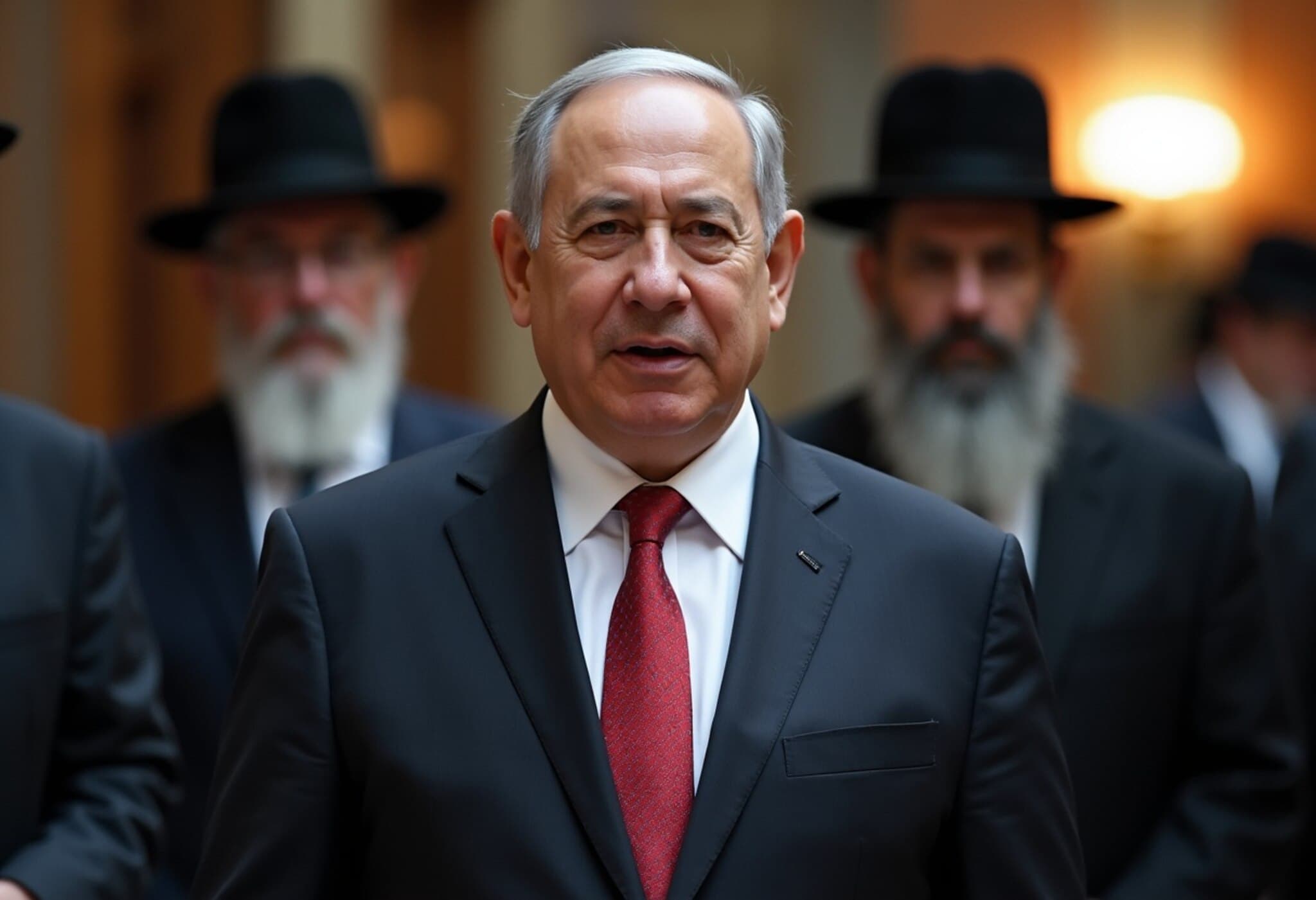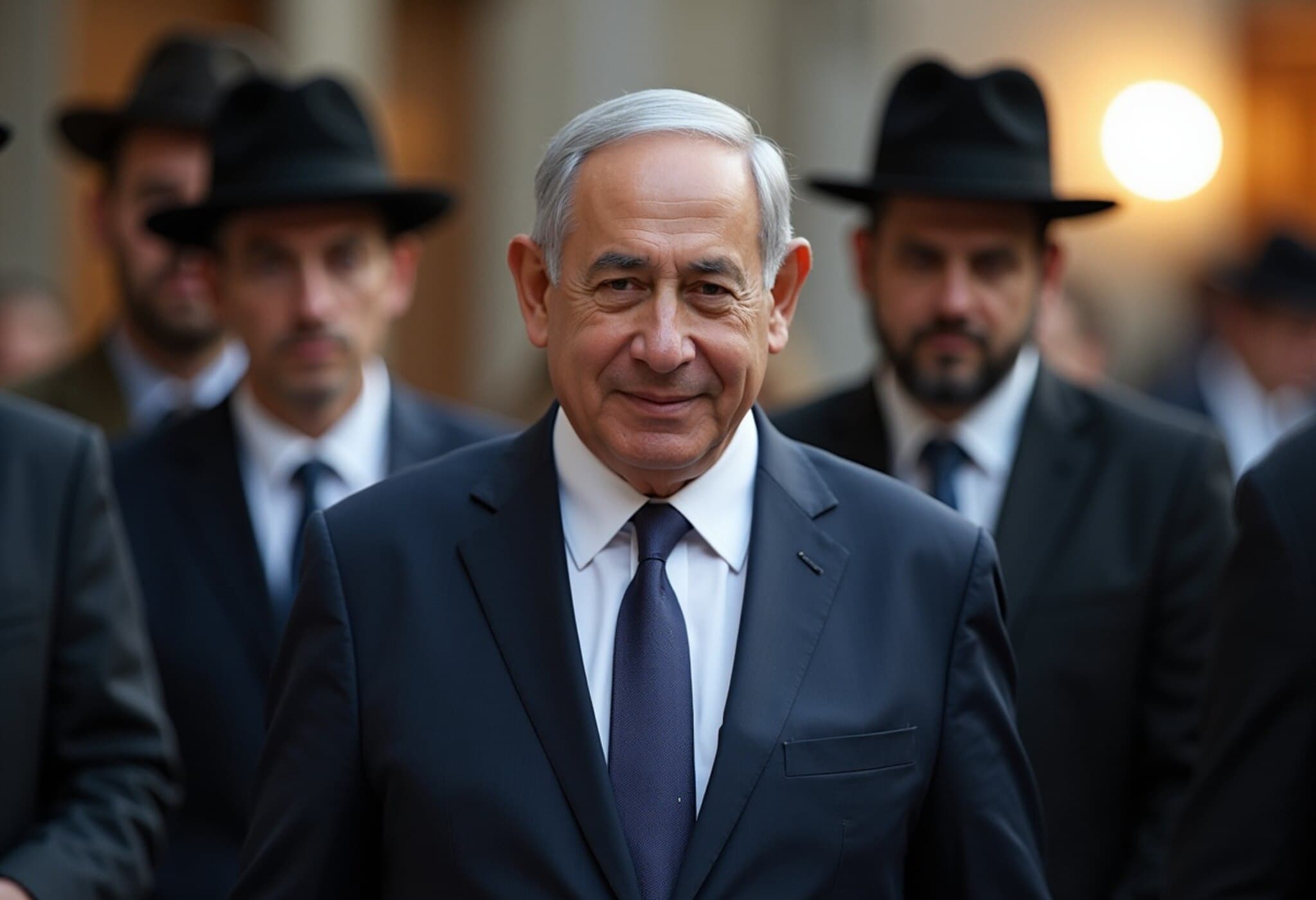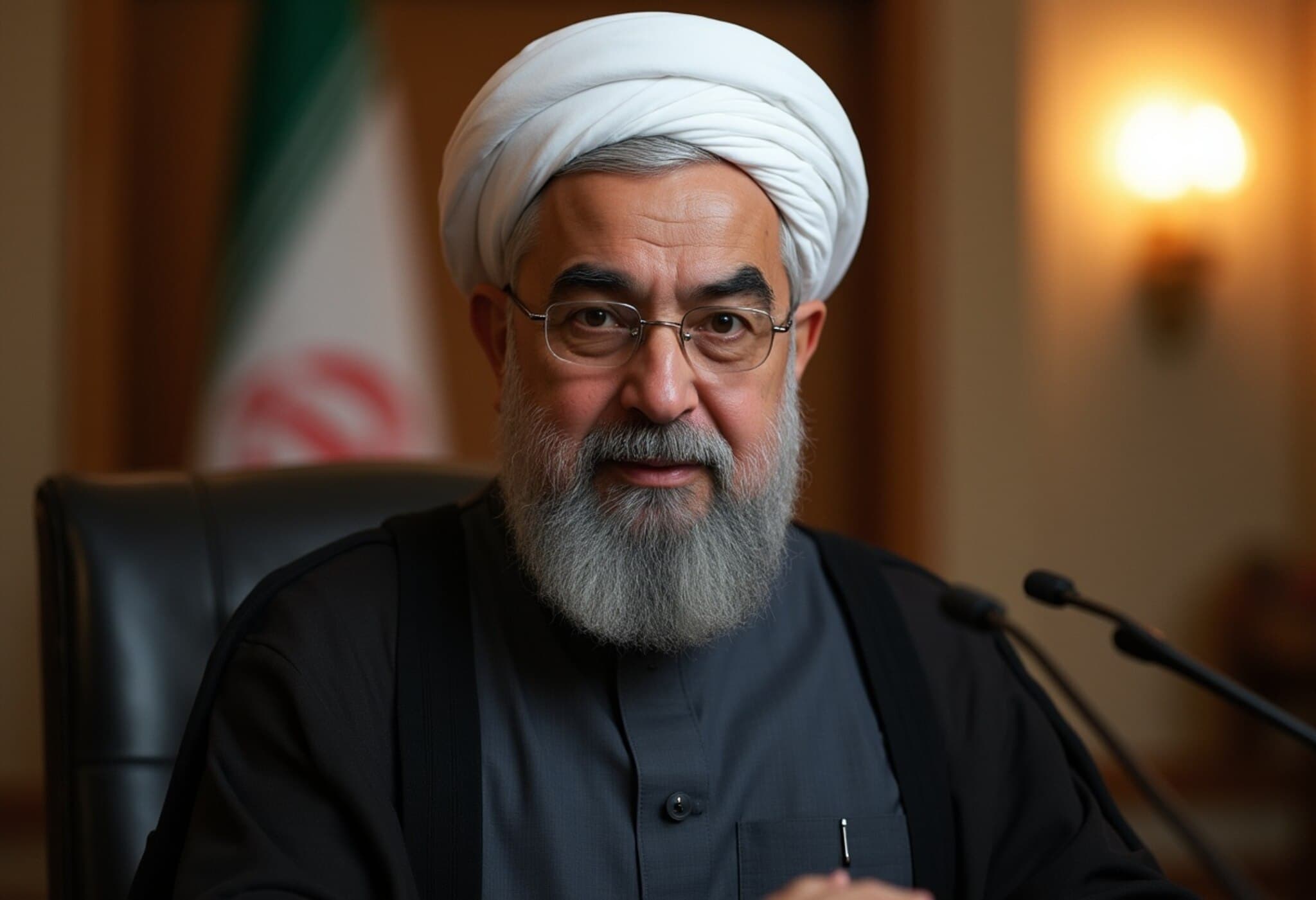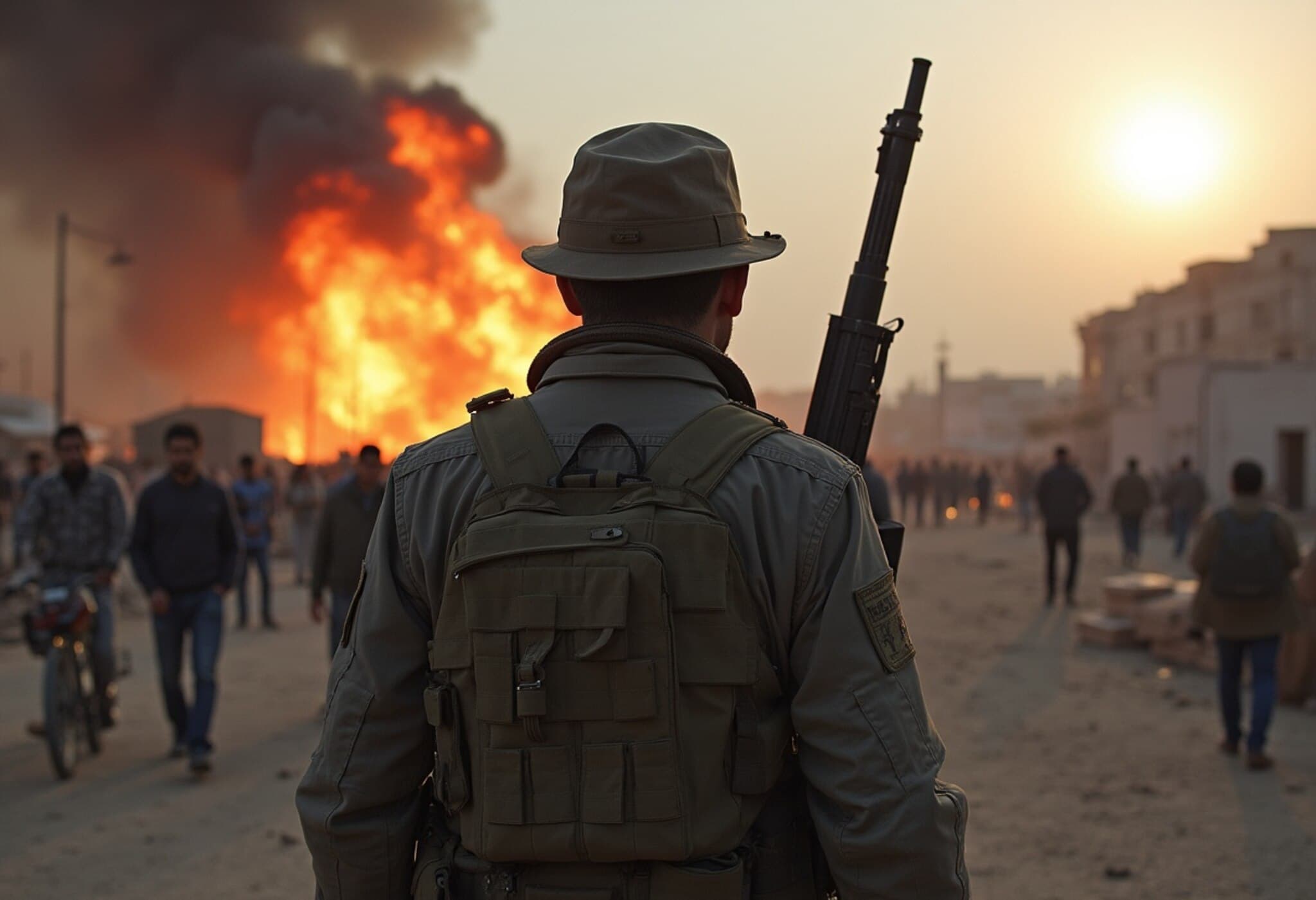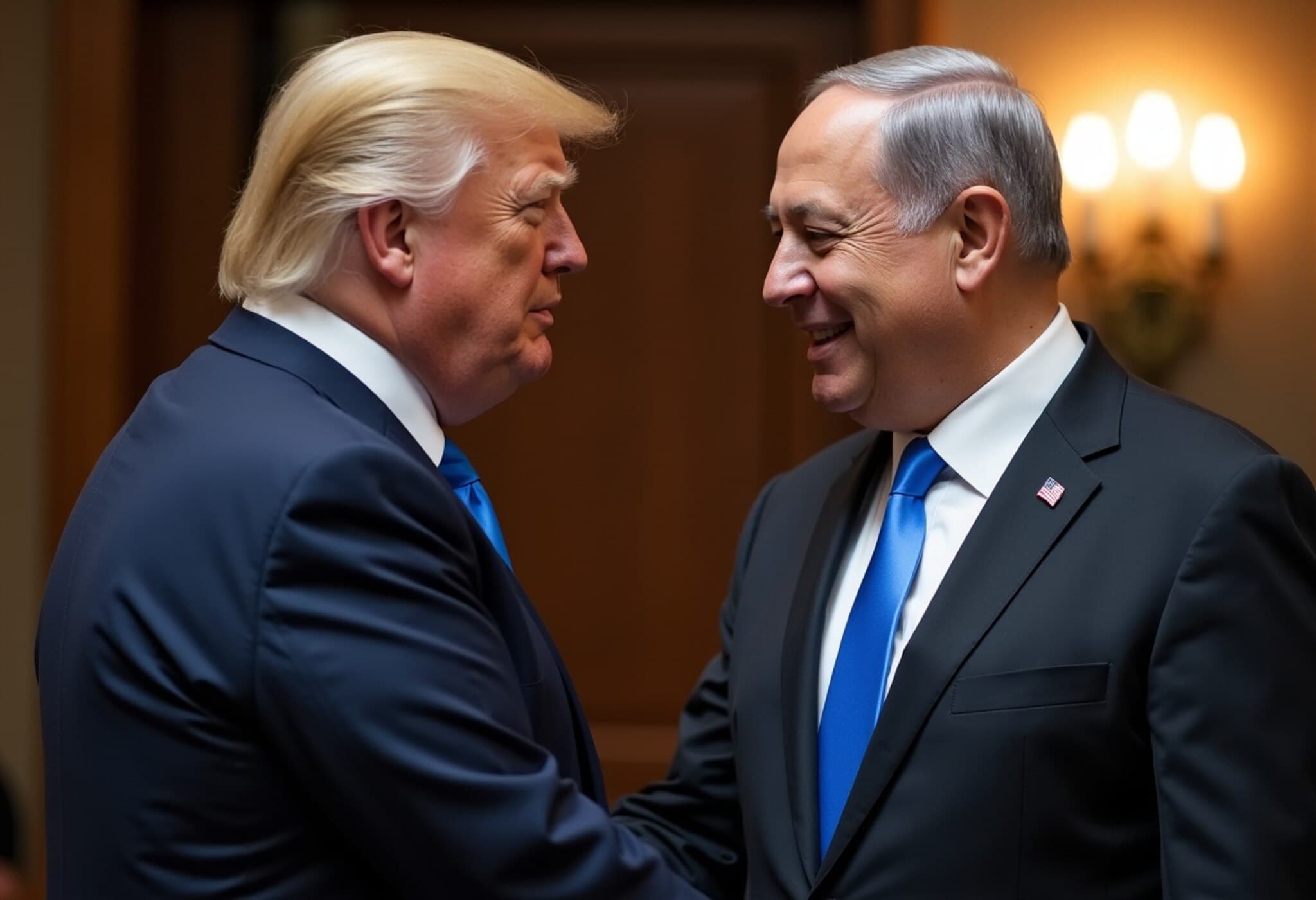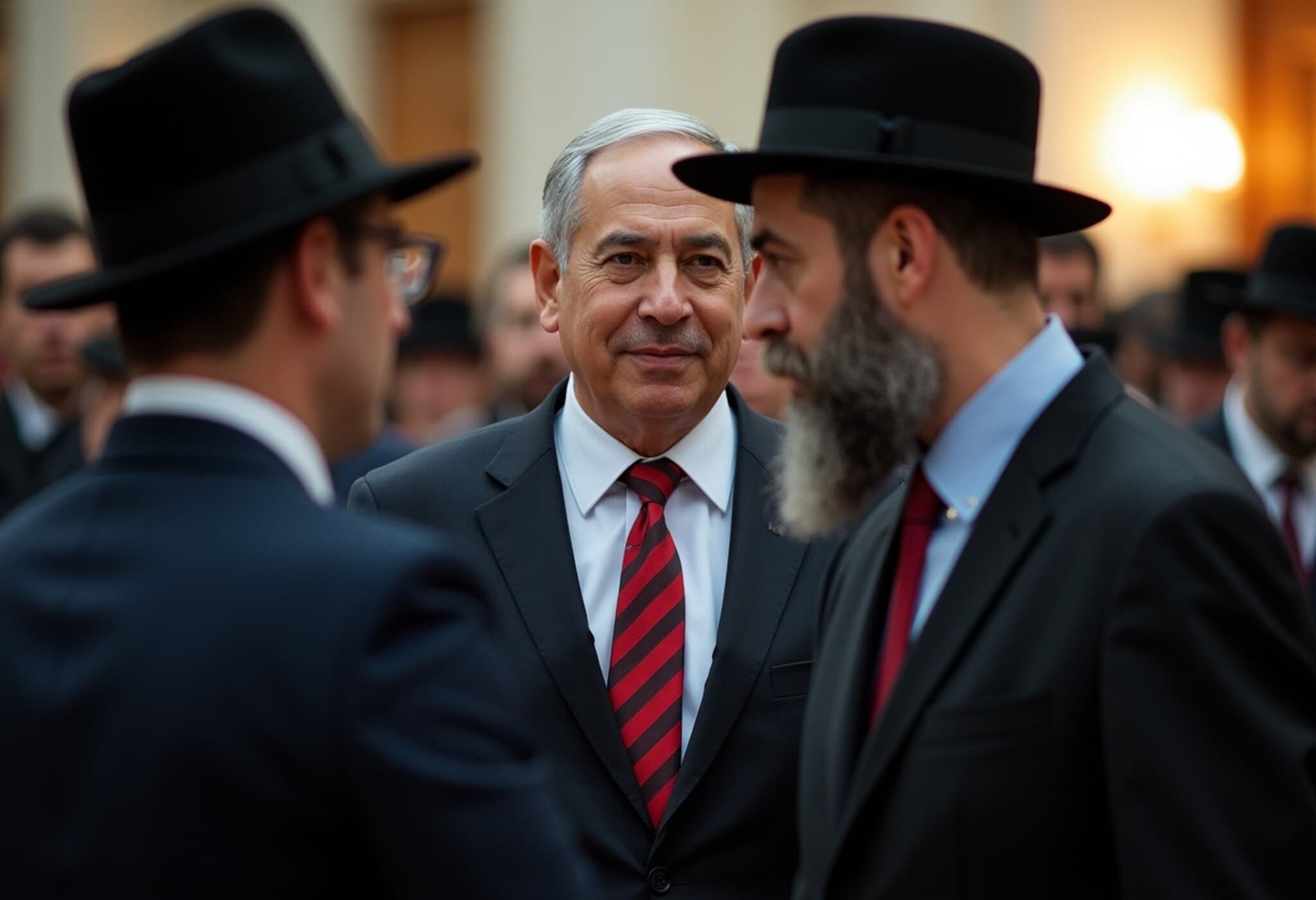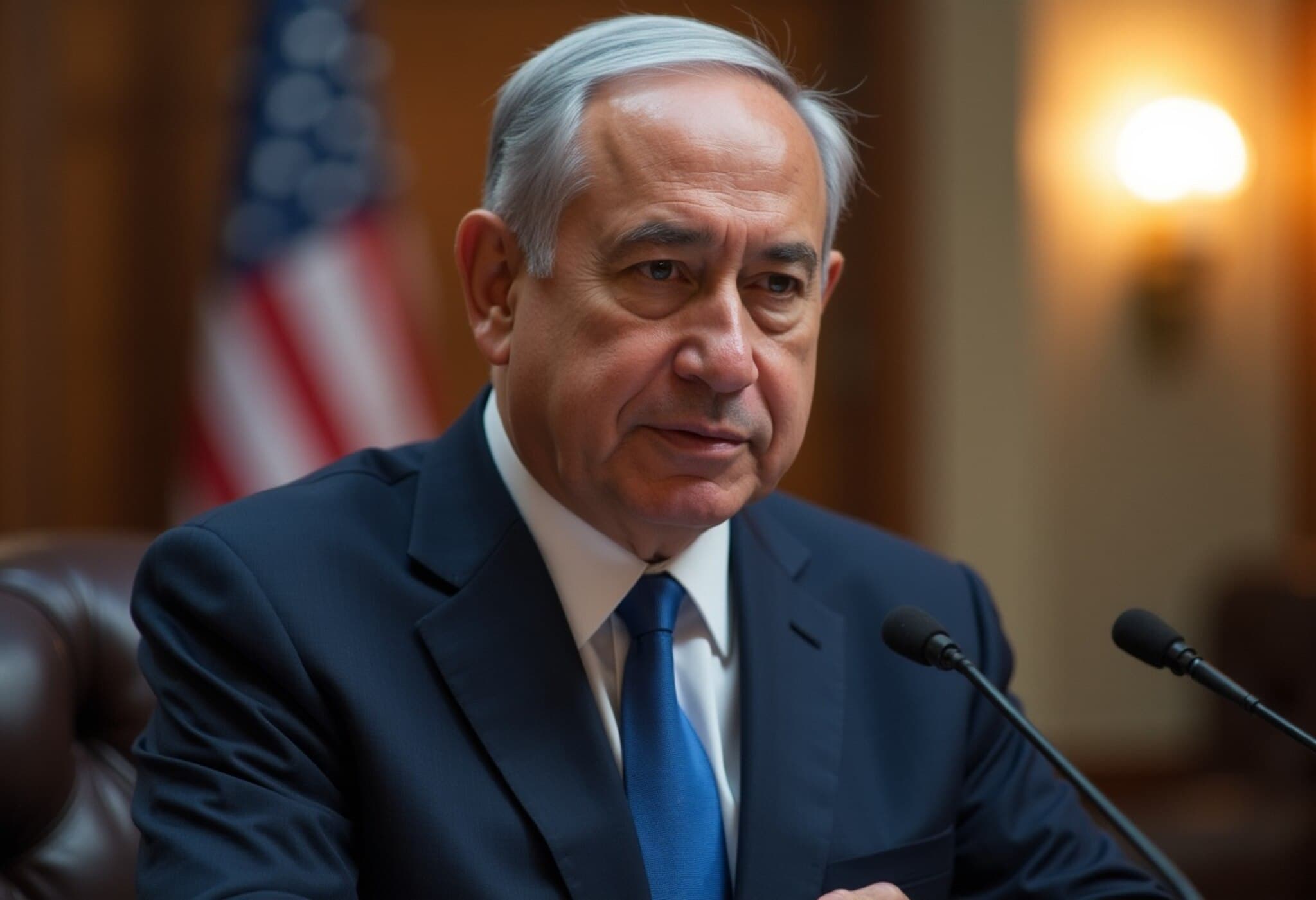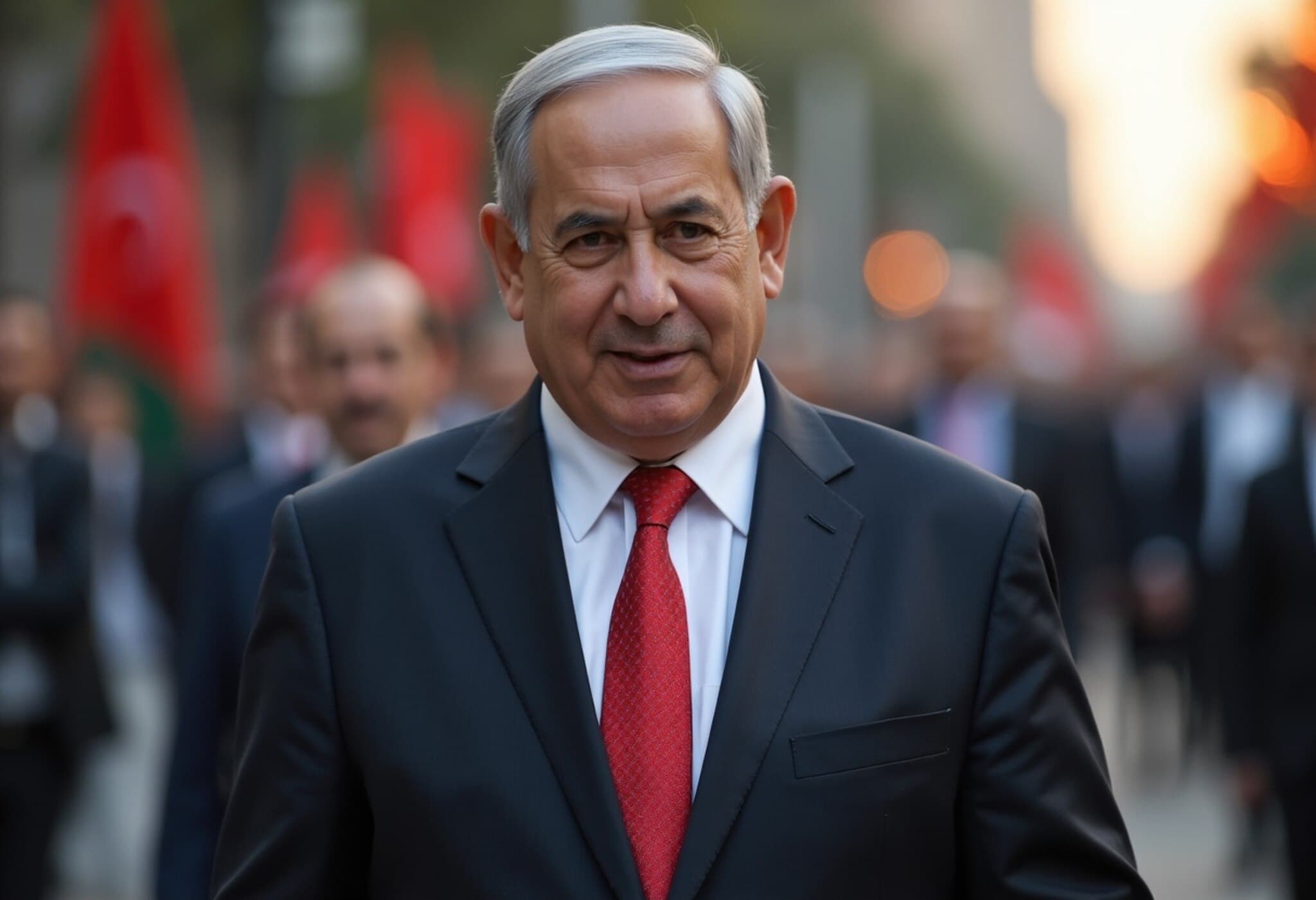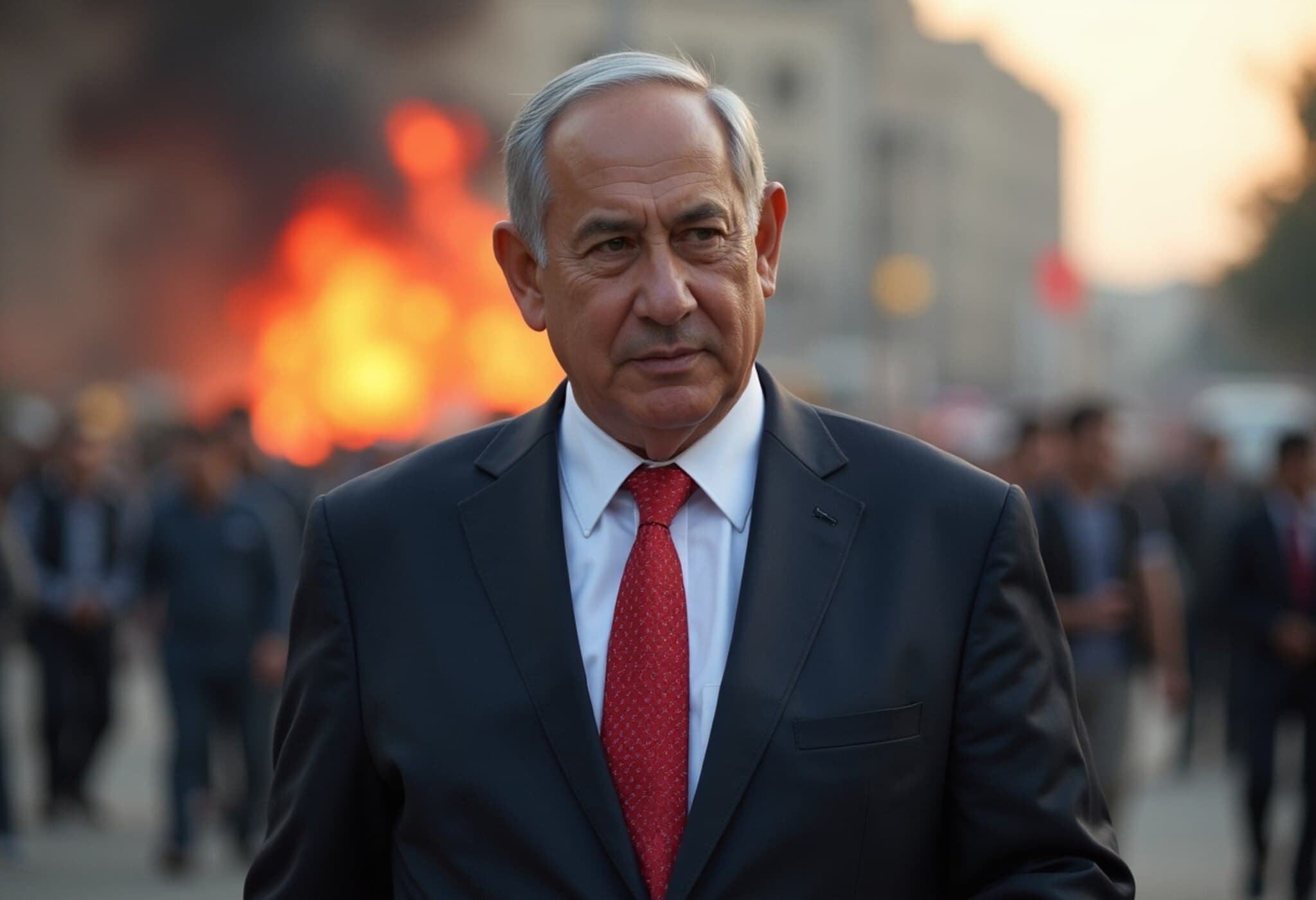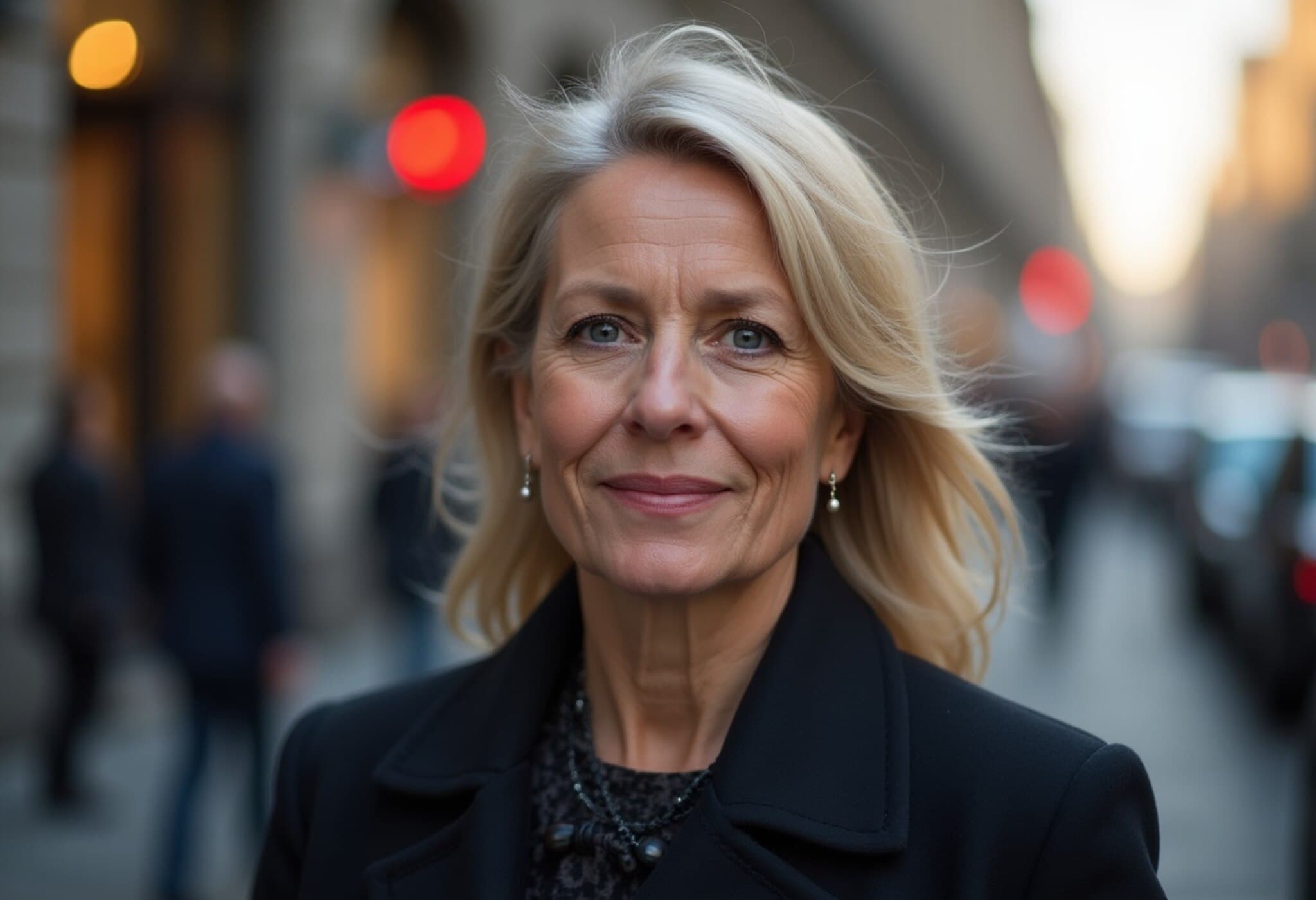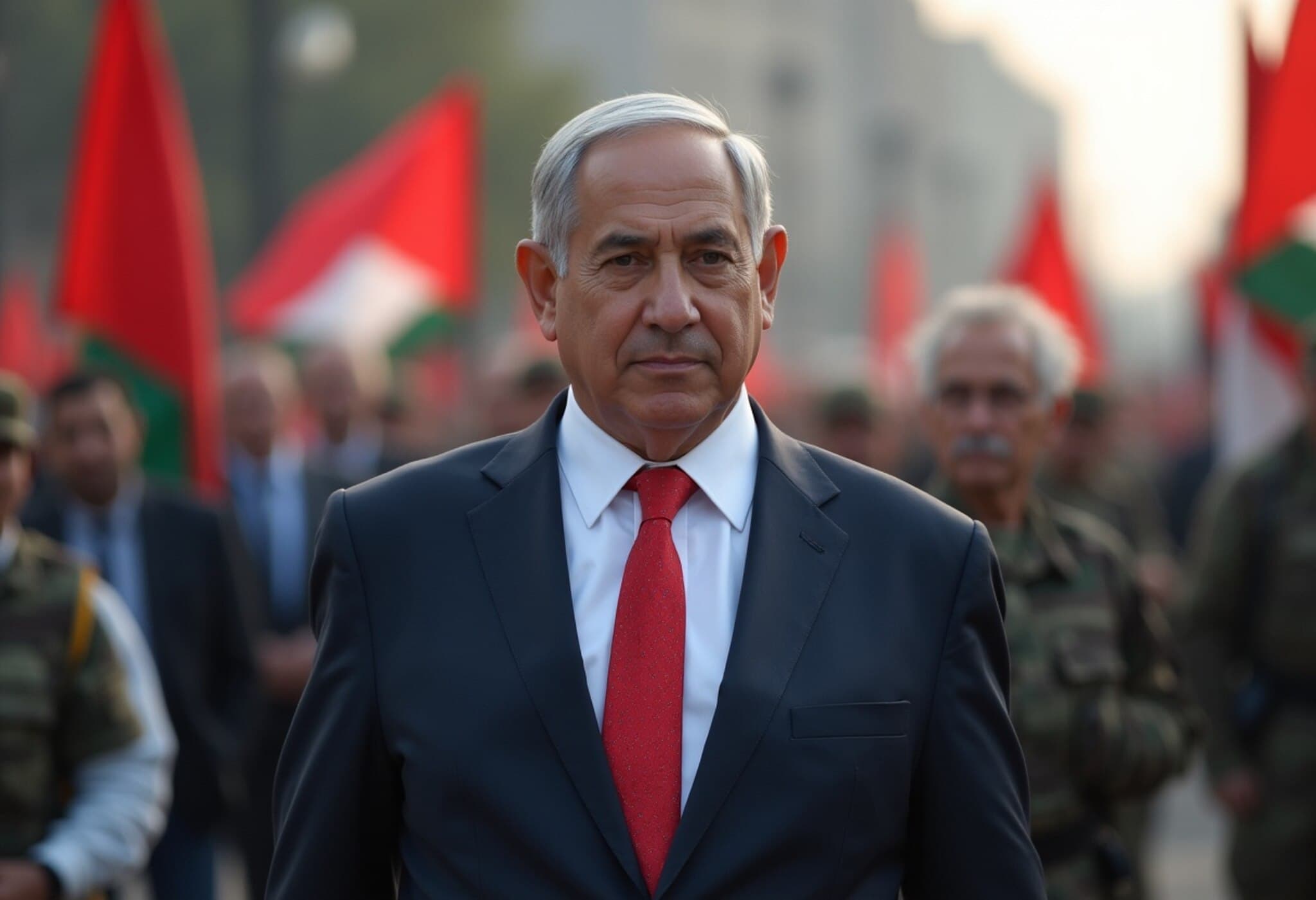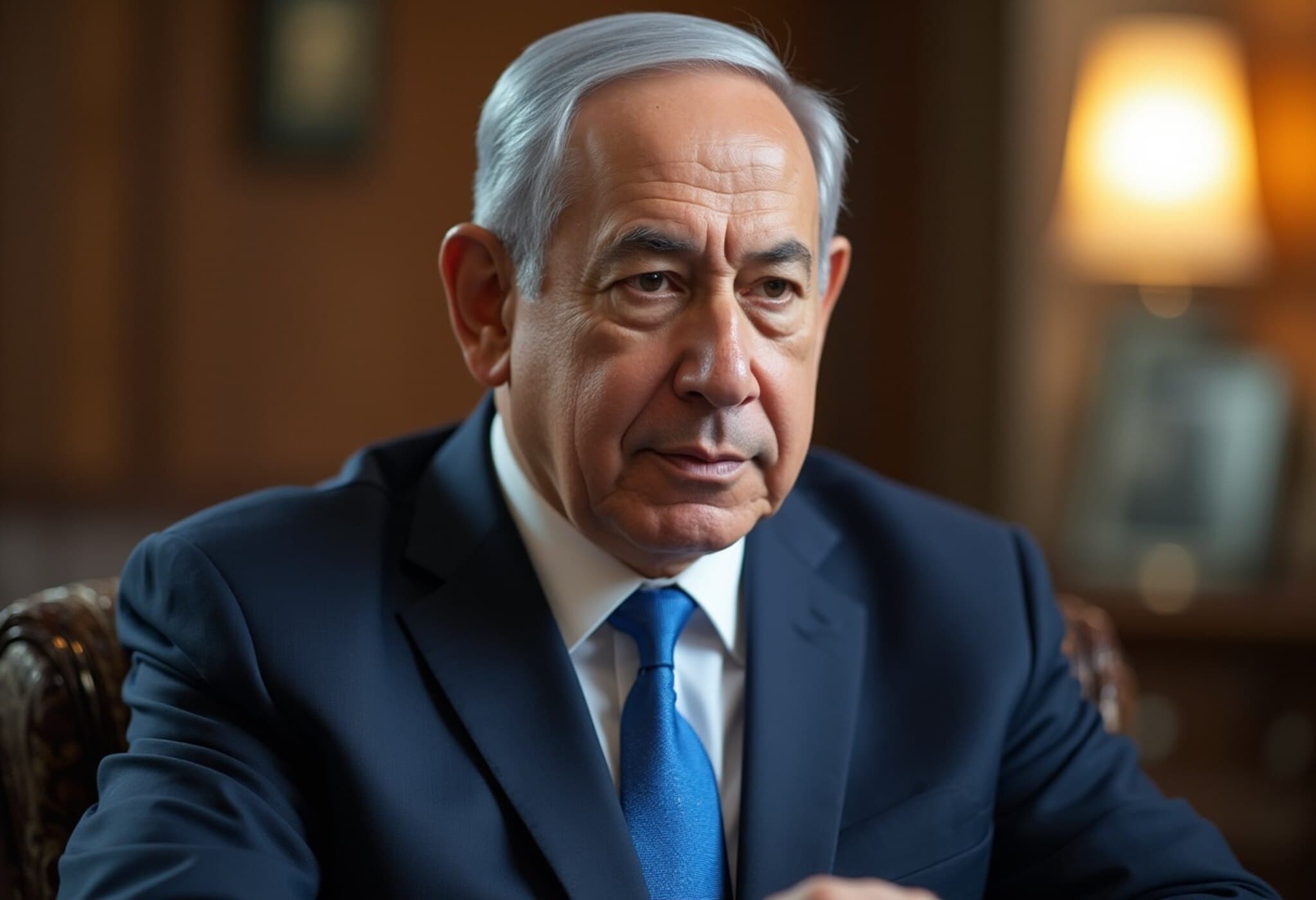Netanyahu Government Faces Political Turmoil Amid Coalition Shake-Up
Israeli Prime Minister Benjamin Netanyahu confronted a profound political crisis on Wednesday when Shas, a pivotal ultra-Orthodox party, announced its departure from his governing coalition. This unexpected withdrawal stems from a deeply entrenched dispute over military draft exemptions—a sensitive and long-debated issue within Israeli society.
Repeating Pattern: A Second Ulra-Orthodox Party Walks Out
The exit of Shas is especially significant as it follows the departure of United Torah Judaism (UTJ) just a day earlier, also over the contentious subject of conscription policies. These twin exits leave Netanyahu’s coalition in a fragile minority in the 120-seat Knesset, severely undermining his government's legislative power.
Shas Cabinet Minister Michael Malkieli articulated the party’s position bluntly: "In this current situation, it’s impossible to sit in the government and to be a partner in it." However, he left the door open for Shas to potentially back some bills from outside the coalition, signaling a complex and nuanced political reality.
The Draft Exemption Dilemma: Cultural Clash or Political Chess?
The dispute centers on the military conscription exemption traditionally granted to ultra-Orthodox Jewish men engaged in full-time religious study. For decades, this exemption has been a flashpoint—balancing Israel’s democratic obligations with deep-rooted religious and societal values.
- Ultra-Orthodox parties argue for preserving religious autonomy and the sanctity of Torah study.
- Secular and nationalist factions press for greater equality in shared national duties, including mandatory military service.
Netanyahu’s government has long struggled to reconcile these divergent views, but the recent departures highlight how this issue continues to pressure Israeli politics and social cohesion.
Implications for Israel’s Political Landscape
With Shas and UTJ gone, Netanyahu is left scrambling to maintain governance amid a fractured parliament. This erosion of his coalition's base could lead to:
- Legislative gridlock in the Knesset, stalling key policy initiatives.
- Potential calls for early elections, as the government’s majority evaporates.
- A reshuffling of alliances, possibly prompting Netanyahu to negotiate with other political factions.
This crisis also underscores a larger trend in Israeli politics: the balancing act between religious communities’ demands and the imperative of national unity in the face of regional challenges.
Expert Analysis: What This Means for U.S.-Israel Relations and Regional Stability
From a global perspective, Israel’s internal political stability matters significantly to its strategic partnerships, particularly with the United States. Policymakers in Washington monitor such developments closely, understanding that a weakened Israeli government could impact ongoing negotiations related to defense cooperation, peace initiatives, and regional security frameworks.
Moreover, ongoing instability might embolden adversaries on multiple fronts, making internal cohesion in Israel not just a domestic concern but a matter of international interest.
Looking Ahead: A Fragile Future
As Netanyahu faces this unprecedented challenge, the coming weeks will be critical. Whether through new political compromises or impending elections, Israel must navigate these divisions carefully to uphold its democratic fabric and maintain its leadership role in the Middle East.
Editor's Note
The recent withdrawal of two key ultra-Orthodox factions from Netanyahu’s coalition reveals the persistent and complex tensions embedded in Israeli society around military conscription. While these departures immediately threaten governmental stability, they also open the floor for a wider national conversation about shared responsibilities, religious freedoms, and democratic equity. Observers should watch closely how these dynamics interplay with regional diplomacy and Israel’s long-term socio-political evolution.

